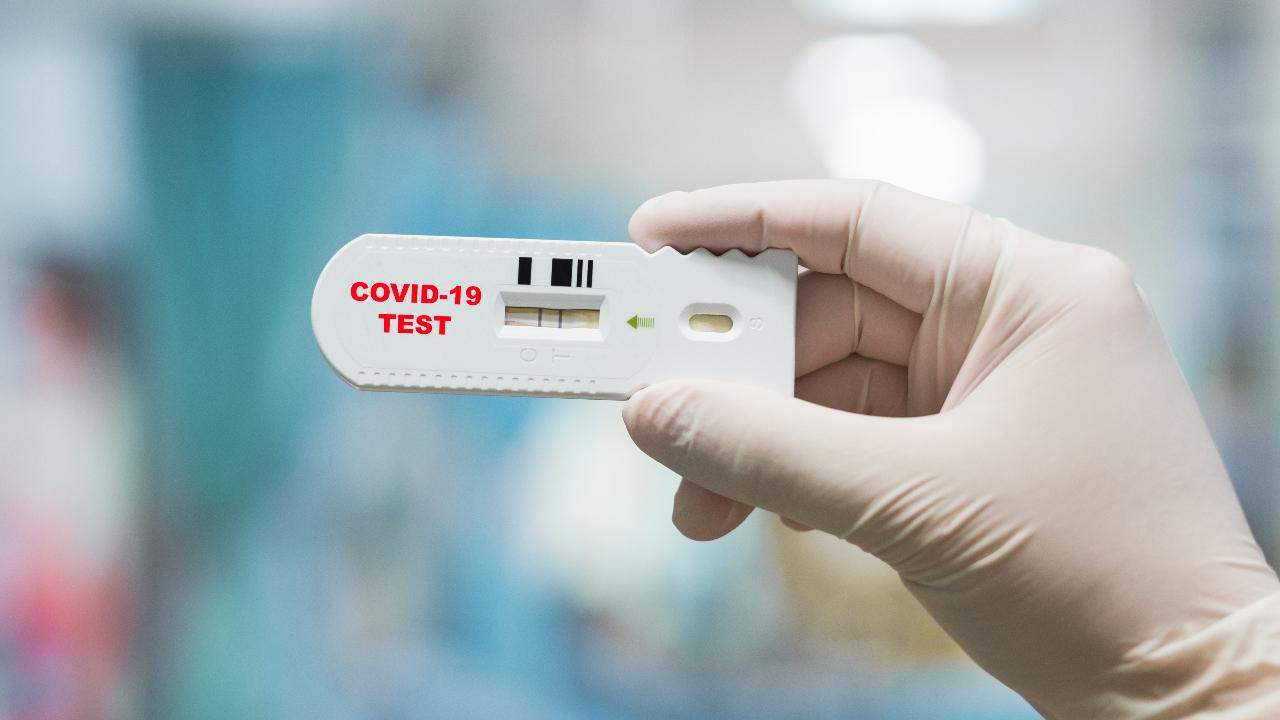The Pan American Health Organization has deployed 190,000 new COVID-19 antigen diagnostic tests donated to four countries in Latin America and the Caribbean and is conducting training to implement pilot testing of their operation.
From its logistics stock in Panama, PAHO shipped 80,000 tests to Ecuador, 40,000 to El Salvador, 40,000 to Honduras—to facilitate diagnostics after the passage of Tropical Storm Eta- and 30,000 tests to Suriname. In addition, PAHO is training staff to carry out pilot testing for implementation in Ecuador, El Salvador, Suriname, and Mexico, which is receiving tests through WHO.
These new tests, recently approved by WHO, could transform the region’s COVID-19 response by allowing health workers to undertake accurate, rapid testing for symptomatic patients, even in remote communities.
Rapid antigen tests are more accurate in determining if someone is currently infected, unlike  previous rapid, antibody tests, which can show when someone has had COVID-19 but often give a negative result during the early stages of infection.
PAHO is assisting countries to implement new testing protocols to ensure that health workers know how to use the new diagnostics and report their results.
Consultations and training on implementation of the COVID-19 antigen-based rapid diagnostic test are being undertaken in Jamaica and Venezuela, as well as in Honduras, Costa Rica, and Trinidad and Tobago.
“By providing results quickly, the new test will empower frontline health workers to better manage cases by isolating patients to prevent further spread and to begin treatment immediately,” PAHO Director Carissa F. Etienne said recently. “If distributed widely, this new test will transform our COVID response.” She added that these diagnostic tests will be particularly useful in hard to reach areas, which have been disproportionally impacted by the pandemic and which are without easy access to a laboratory.
PAHO’s Strategic Fund, a regional technical cooperation mechanism for pooled procurement of essential medicines and health supplies, is working with the countries to facilitate access to these diagnostic tests.
PCR diagnostic tests, which are highly accurate and must be conducted in laboratory settings remain the gold standard for testing, even though the time for receipt of their results is more delayed as compared with the rapid tests. Antigen detection tests do not replace PCR but complement the molecular detection, according to PAHO.
Antigen based detection should be prioritized for mild or ambulatory suspected cases, and eventually for contacts of confirmed patients in close settings. Their use in other types of processes such as at ports of entry or in searching for asymptomatic cases is not currently recommended by PAHO.
These tests form part of the WHO Access to COVID-19 Tools (ACT) Accelerator to develop, procure, and distribute critical new tools to fight the pandemic.

 The Pan American Health Organization has deployed 190,000 new COVID-19 antigen diagnostic tests donated to four countries in Latin America and the Caribbean and is conducting training to implement pilot testing of their operation.
The Pan American Health Organization has deployed 190,000 new COVID-19 antigen diagnostic tests donated to four countries in Latin America and the Caribbean and is conducting training to implement pilot testing of their operation. 









.jpeg)


.jpeg)



.jpeg)
.jpeg)






.jpeg)





